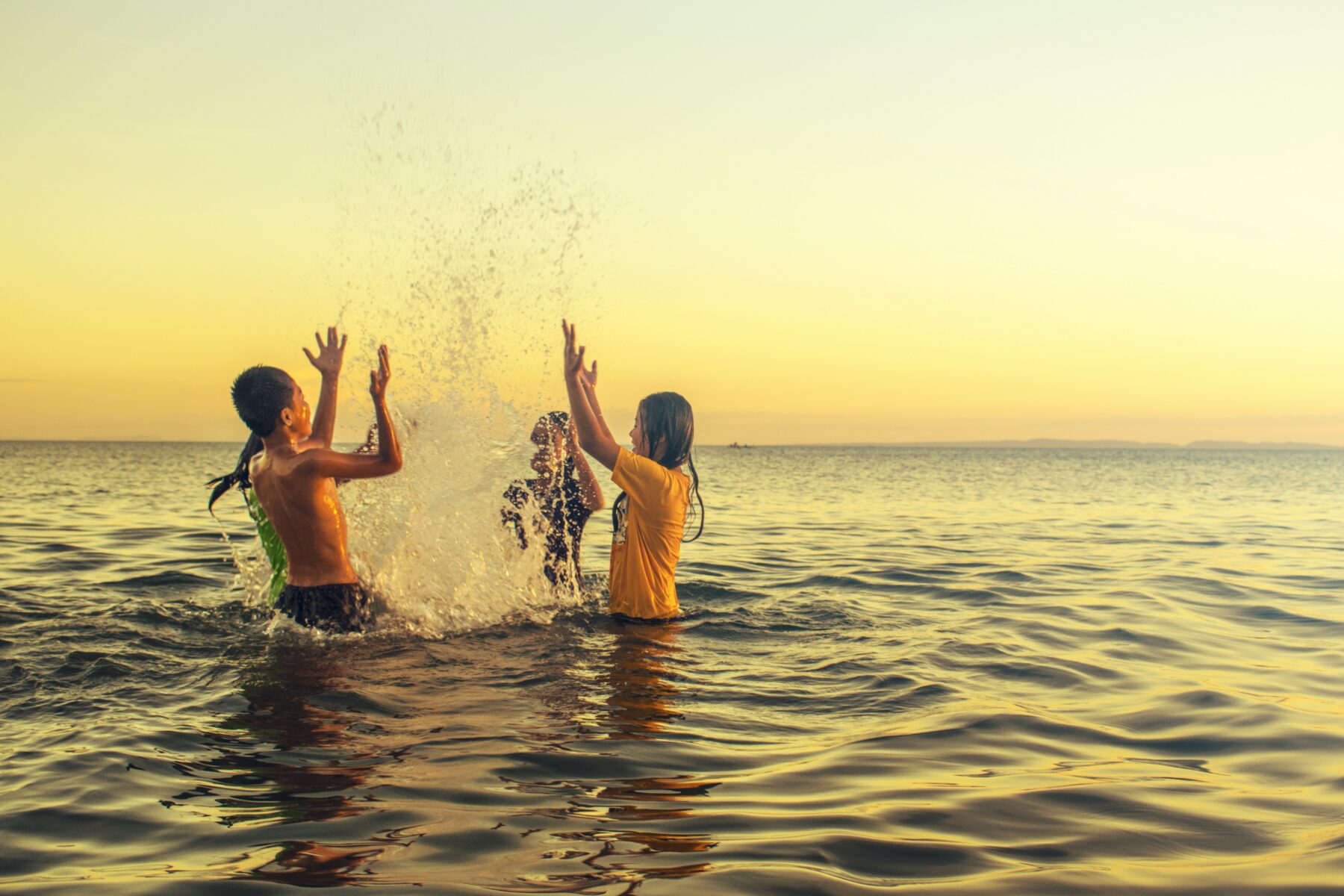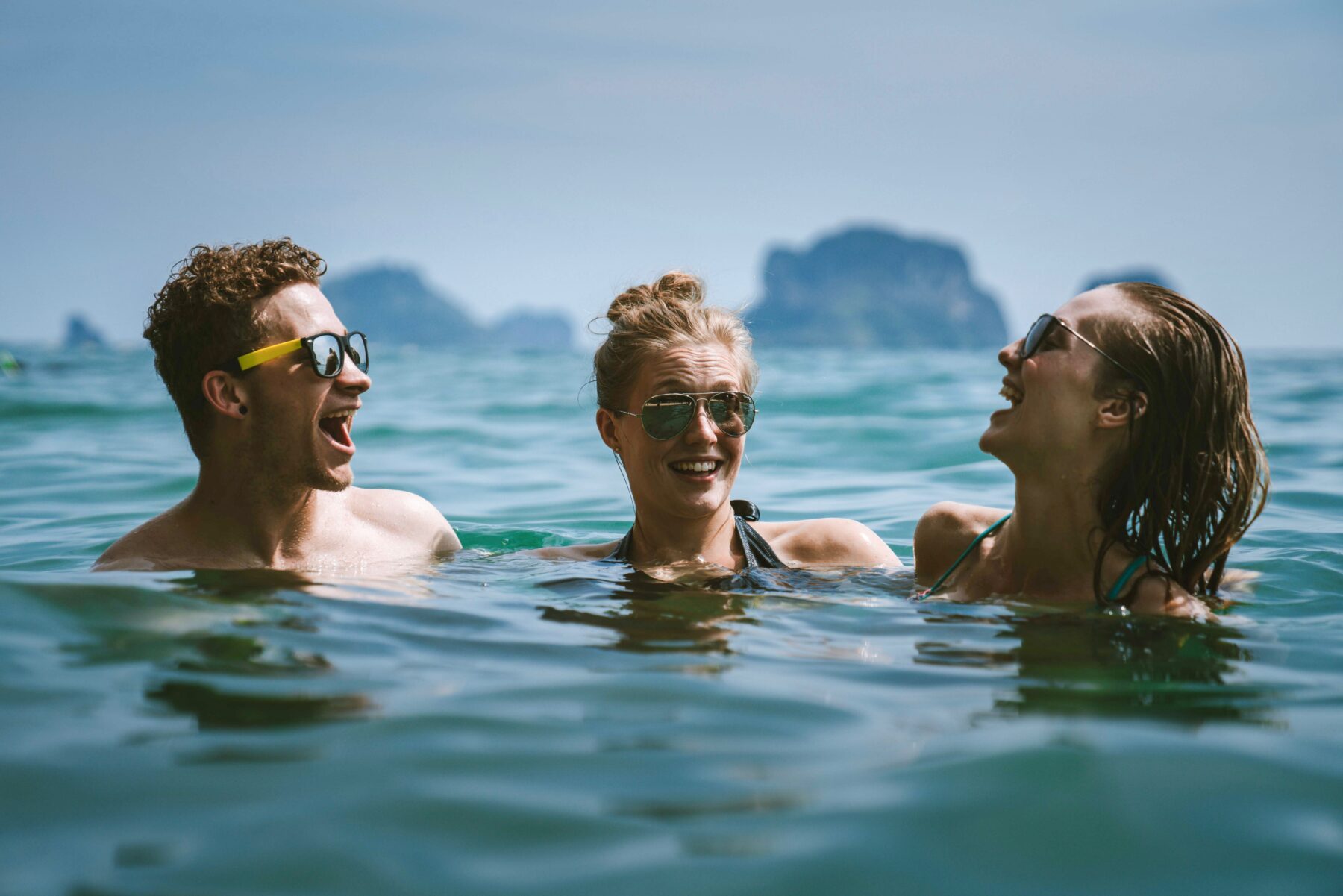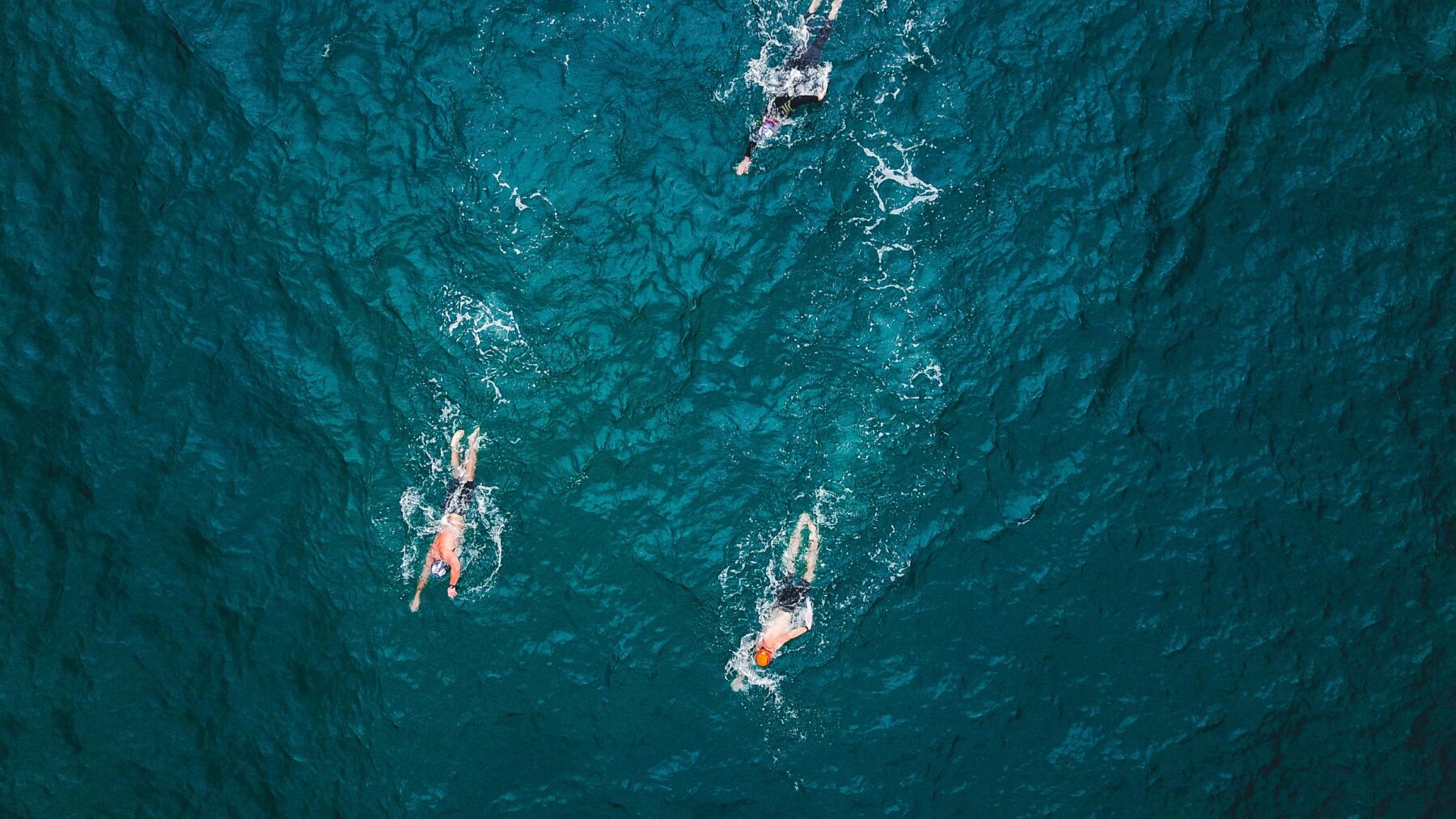Summer Safety Tips for the Water

The last thing you want to hear while swimming is a cry for help.
Though swimming is a great way to exercise and have fun, it’s essential to stay safe while doing so. This is especially true in Austin — home to beautiful swimming spots like Barton Springs Pool and Lake Travis.
Here are some tips on preventing accidents and staying safe while swimming in the area:
Always Swim with a Buddy
Swimming in groups is much safer than swimming alone. Make sure you have at least one other person with you when you go for a dip; having an extra set of eyes around helps keep everyone safe.

For example, Barton Springs Pool has lifeguards on duty who are always ready to assist swimmers. However, other popular swimming spots, such as Lake Travis, don’t have lifeguards on duty, so having another person with you is even more critical.
Learn Basic Water Safety Skills
Knowing how to stay afloat and rescue someone if they’re drowning is essential for anyone who spends their summers near the water. Many cities offer courses specifically designed to teach children and adults how to be safe around water.
Wear Proper Attire
Always wear appropriate clothing while swimming. This means wearing items like rash guards, wetsuits or swimsuits designed especially for aquatic sports rather than regular clothes like jeans or sweatshirts, which can quickly become waterlogged and weigh down your body if submerged in water.
Additionally, ensure that any flotation devices are approved or certified by the U.S. Coast Guard; checking with local organizations for further information about what type of flotation device might work best for you is highly recommended.
Be Aware of Your Surroundings
Considering current weather conditions and what type of body of water you’ll be entering (i.e. the lake versus the ocean) will help keep everyone safe while swimming outdoors. For example, on days with strong winds or high waves, be mindful of those conditions while swimming so you can be prepared and prevent an accident from happening.

Similarly, depending on where you’re going to be swimming (i.e. riverfronts or oceanside beaches), ensure you know what kind of wildlife exists in the area before getting in the water — some creatures might surprise you.
Understand Rip Currents
Rip currents occur when waves break near shorelines; water rushes away from land toward deeper areas due to powerful hydrological forces created by tide changes and larger wave sets happening offshore.
As a result, rip currents can drag swimmers far away from their intended destinations if they aren’t careful. Understanding what these fast-moving currents look like ahead of time can save lives when swimming somewhere known for rip tides such as beaches along Padre Island National Seashore near Corpus Christi or South Padre Island.
Stay Hydrated
Last but certainly not least, never underestimate the power of staying hydrated! Swimming works up a sweat like any other physical activity, so drinking plenty of fluids whenever possible will keep your body running smoothly throughout hot summer days spent in the pool or ocean.
Of course, the best way to stay hydrated is by drinking plenty of water, but other electrolyte-filled drinks, such as coconut water or standard sports beverages, can also do the trick. Swimmers should also take extra precautions to keep hydrated in salt water since the salt will act as a dehydrating agent.
Following these tips should ensure pleasant summer days spent enjoying aquatic activities without misadventures, no matter where you live in Texas. So get out there and have fun… just remember to do it safely, too.
About the Author
Rachel Melegrito left her career as a university instructor to become a full-fledged content writer. She is also a licensed occupational therapist and a budding SEO strategist.






